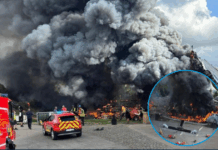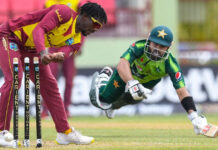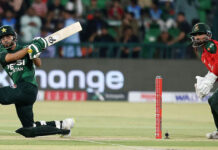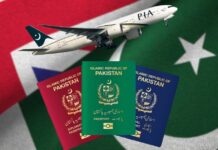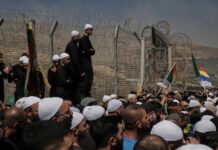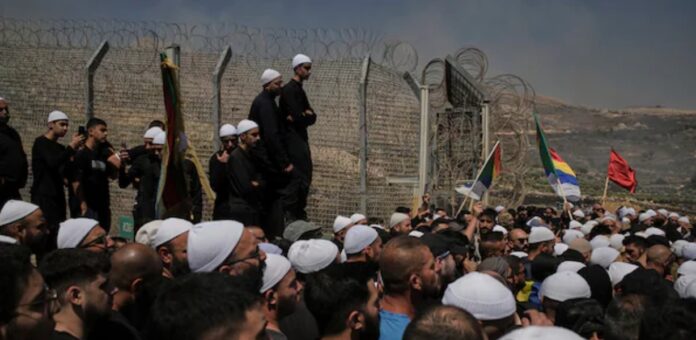The Druze form a monotheistic, Abrahamic religious community rooted in an 11th-century offshoot of Isma’ili Islam. They follow esoteric beliefs, fictitious figures shared with Islam and Christianity, and practice strict endogamy.
Conversion is forbidden. Their religious practices remain private, and only a select group, the uqqāl, access sacred texts. The juhhāl, or uninitiated faithful, focus on life milestones like birth, marriage, and death without public ritual.
They teach loyalty to their society as they integrate harmoniously into wider society.
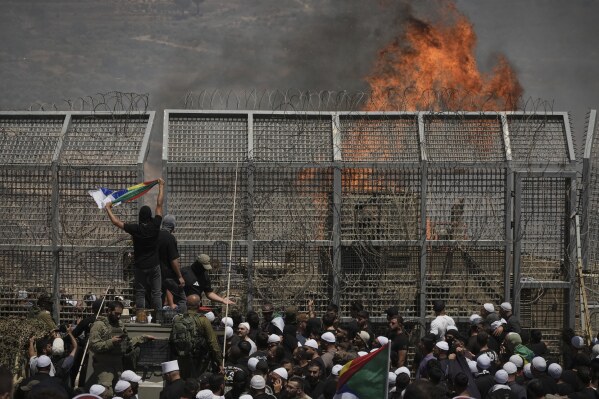
Demographics & Geography
Approximately 800,000 to one million Druze reside throughout the Levant, with 45–50% in Syria, 35–40% in Lebanon, and 6–7% in Israel.
A Druze population of around 3% of the whole, some 700,000, lives mainly in the mountainous Jabal al-Druze region and the As-Suwayda Governorate, in which the Druze make up the majority.
Others can also be found in the suburbs of Damascus. Outside the region, there are diaspora communities in Latin America, North America, and Europe.
Historical Position & Political Role
Historically, the Druze were persecuted under various Muslim empires. They responded by cultivating autonomous mountain enclaves and forming militia-based protection. They hardly identify strictly as Muslim today, but politically, they side with the ruling powers.
After the fall of Assad’s regime in December 2024, Druze leadership negotiated local integration with the new government, yet they remain wary of regimes tied to extremist ideology.
The Druze people organised the Suwayda Military Council (SMC) in February 2025 to protect the As-Suwayda area. Comprising defected military officers and supported by local sheikhs, the SMC protects Druze towns and advocates secularism, decentralisation, and democracy.
They are against extremist factions and reject merging with the new regime’s Islamist-oriented army. The council enjoys military influence at the local level and allies with Kurdish-led groups, strengthening its semi-autonomous status.
Sweida Current Conflict & Government Clashes
Violence erupted in southern Syria’s Sweida province in April–May 2025 when Syrian government troops and Bedouin militias carried out sectarian assaults on Druze civilians, killing about 100 in extrajudicial killings.
Druze militias retaliated, resulting in escalated clashes close to Jaramana in February–March and resumed hostilities in July. More than 250 to 350 individuals have been killed amidst fluctuating ceasefires, disputed truce negotiations, and government counterinsurgency campaigns.
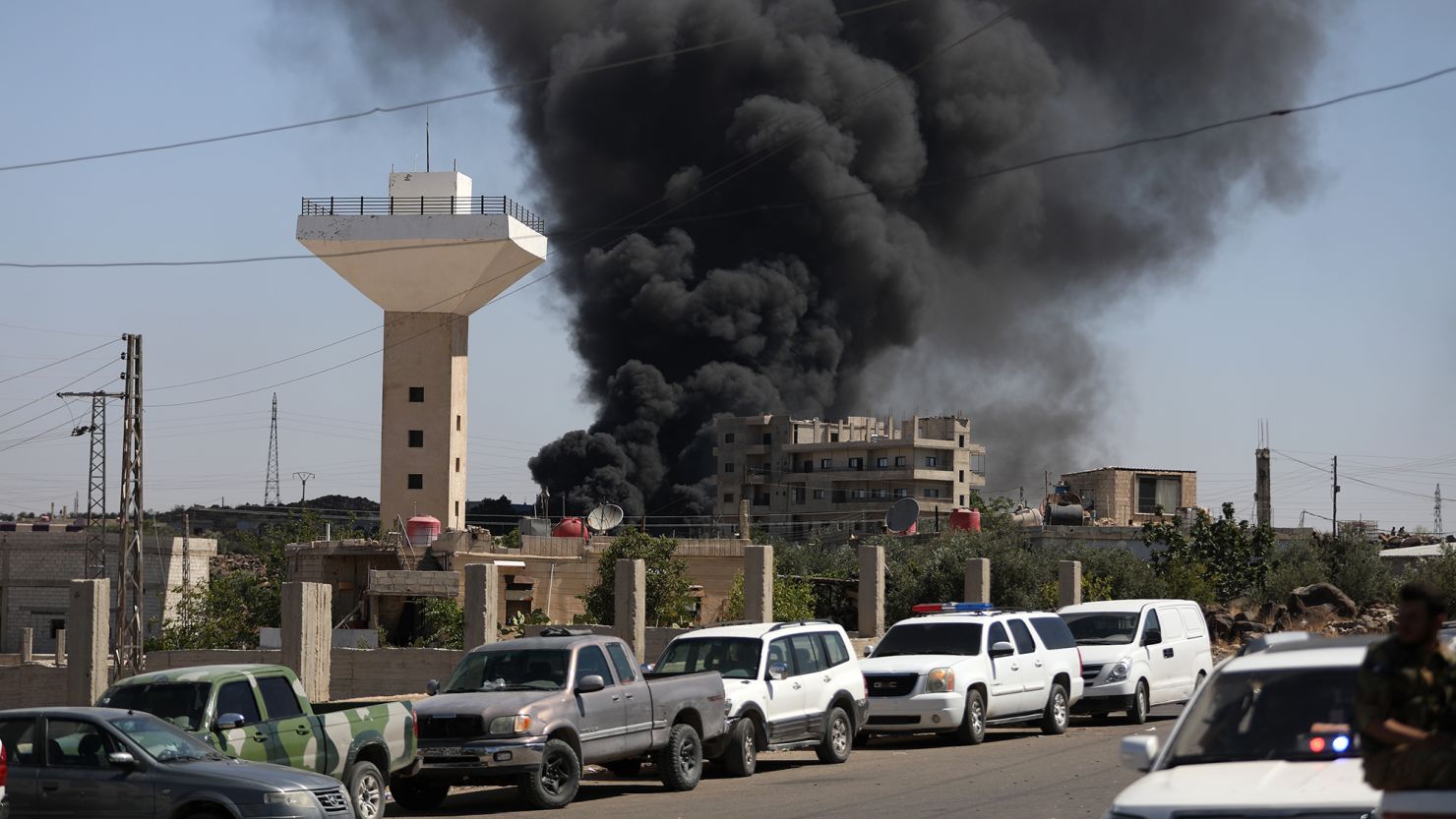
Israel’s Intervention & Regional Tensions
Israel has acted through airstrikes against Syrian military sites in Sweida and Damascus. Israeli authorities referred to an obligation to guard their co-religionist Druze, many of whom are related across the frontier.
They shot down tanks, rocket launchers, and convoys of troops, pledging repeated action until the withdrawal of the Syrian forces from the Druze-majority regions. The attacks represented Israel’s first explicit confrontations with the post-Assad regime headed by Ahmed al-Sharaa.
Ceasefires & Uncertain Outlook
A Druze-Syrian government ceasefire went into effect in mid-July, leading to government troop withdrawals from Sweida. Divisions in the leadership of Druze, with some in favour of the truce and others opposed, however, make the agreement tenuous.
President al-Sharaa made a statement of state determination to safeguard Druze and entrust some security tasks to local troops. Anonymously, observers warn that previous ceasefires fell apart hastily, and tensions are still high.
The Druze are at a precarious juncture. Long committed to communal unity and local self-rule, they are now threatened with extinction by sectarian war, government retaliation, and divided internal leadership.
Ceasefires offer short-term peace, but lasting stability requires a political deal that ensures Druze autonomy, safety, and regional cooperation, including Israel’s complex involvement. As Syria moves beyond Assad, the world watches closely while this resilient minority faces new struggles.
Stay tuned to Brandsynario for latest news and updates





